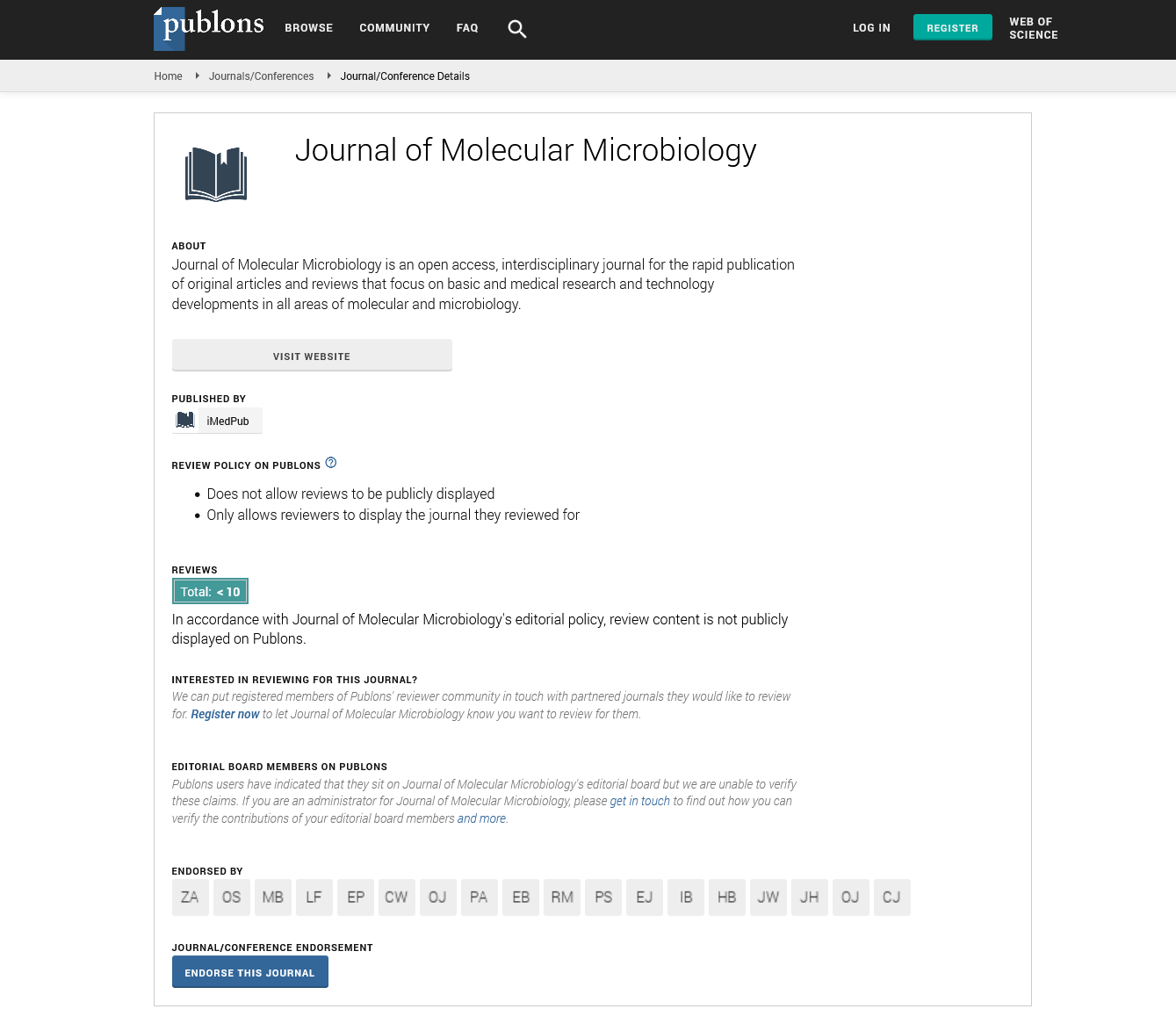Abstract
Prevalence of bacteriospermia in human semen among infertility testing patients
Introduction: Bacteriospermia is presence of bacteria in semen. Urogenital infections in males is an important cause of infertility worldwide and is responsible for 8-35% of infertility cases in males. There are several reasons for altered semen quality and bacteriospermia could be one of them.
Objectives: The aim of this study was to determine the prevalence of bacteriospermia in human semen and its effect on the various parameters.
Methods: This was a cross-sectional descriptive conducted among a hundred and thirty eight (138) semen samples, collected from men attending the Department of Obstetrics & Gynaecology laboratory in University of Nairobi for semen analysis. Semen parameters were analysed based on WHO 2010 guidelines for semenalysis as well as being subjected to culture using standard bacteriological techniques. Data was analysed using IBM SPSS version 20 software.
Results: In this study, 67 (49.6%) participants had male infertility issues while 71 (51.4) were Normozoospermia. Male infertility was as follows; Asthenozoospermia 5 (3.6%), Oligozoospermia 26 (18.8%), Teratozoospermia 5 (3.6%), Azoospermia 20 (14.5%), Astheno Oligo Teratozoospermia 6 (4.5%) and Hypozoospermia 5(3.6%). The prevalence of bacteriospermia in semen samples from patients who underwent evaluation of fertility was 42%. The most common bacterial species isolated were Stapylococcus aureus (23.2%) and Escherichia coli (11.6%) while the least common species isolated were Coagulase negative Stapylococcus (5.1%), Proteus species (1.4%) and Pseudomonas aeruginosa (0.7%). The results of the study showed that 71.6% of infertile men were positive at least for one pathogen.
Conclusion: Microbial infection plays an important role in men infertility. Bacterial infection in semen has been paid attention as a major cause of male infertility. The results of the study showed that 71.6% of infertile men were positive at least for one pathogen. The presence of bacteria in semen was strongly associated with infertility in men.
Author(s): Leonard Omondi Ochieng
Abstract | PDF
Share This Article
Google Scholar citation report
Citations : 86
Journal of Molecular Microbiology received 86 citations as per Google Scholar report
Journal of Molecular Microbiology peer review process verified at publons
Abstracted/Indexed in
- Google Scholar
- Publons
Open Access Journals
- Aquaculture & Veterinary Science
- Chemistry & Chemical Sciences
- Clinical Sciences
- Engineering
- General Science
- Genetics & Molecular Biology
- Health Care & Nursing
- Immunology & Microbiology
- Materials Science
- Mathematics & Physics
- Medical Sciences
- Neurology & Psychiatry
- Oncology & Cancer Science
- Pharmaceutical Sciences
